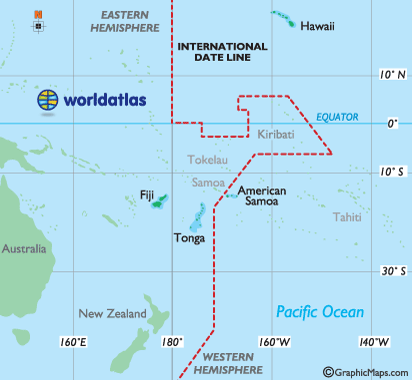
“The cause of the error is very simple. Phileas Fogg had, without suspecting it, gained one day on his journey, and this merely because he had traveled constantly eastward; he would, on the contrary, have lost a day, had he gone in the opposite direction- that is, westward.” (Verne 243).
The ending was very unclear to me. When Phileas Fogg and Passepartout left England and headed towards Hong Kong, they had initially crossed the Pacific without accounting for the International Date Line. For this reason, there is no need to “take a day away”. If the two characters had taken account of the International Date Line when they first crossed the Pacific, they would have lost a day and then gained back a day when they reached New York. Thus, this would have no effect on the date and would mean that Phileas Fogg had returned to England in 81 days. Another part I thought was confusing was how Passepartout was keeping a close eye on the date and the time. In the novel the narrator states that Passepartout kept the London time and did not bother to change his watch. “You have kept London time, which is two hours behind that of Suez. You ought to regulate your watch at noon in each country.” “I! Regulate my watch! Never!” “Well, then, it will not agree with the sun.”(Verne 44).
No comments:
Post a Comment